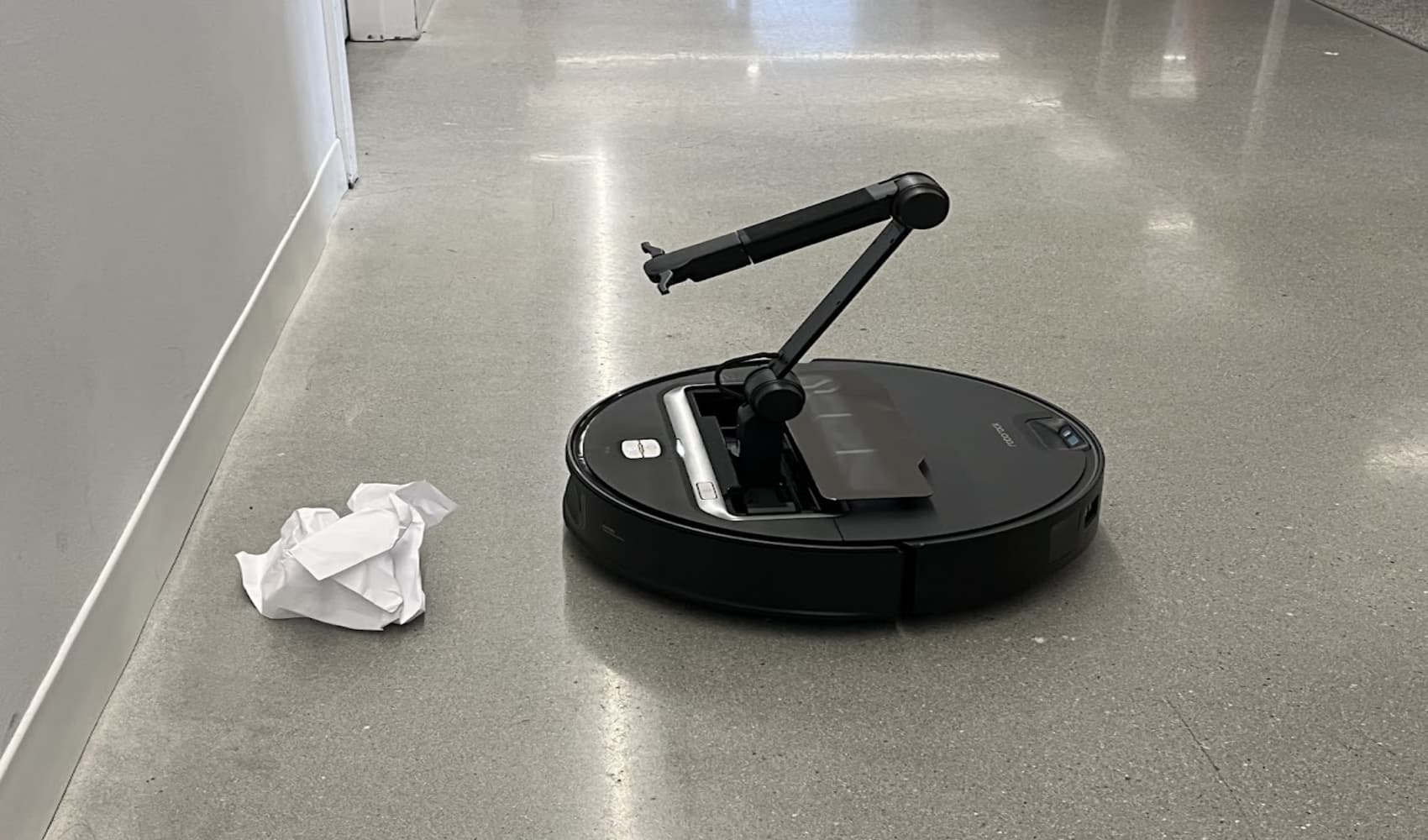
Laura Mae Martin has coached some of the world's brightest engineers and executives through burnout and productivity slumps — yet even she isn't immune to procrastination.
As Google's executive productivity advisor, Martin specializes in helping employees — from new hires to C-suite leaders — get more done without burning out.
One of her go-to strategies for beating procrastination is surprisingly simple: "Act like your own assistant."
"Getting started is the hardest part of tackling a bigger task," Martin tells CNBC Make It. "Big, lofty goals, creative projects and self-care can easily slip into those 'meaning to do' categories and fall to the wayside."
Get Tri-state area news delivered to your inbox.> Sign up for NBC New York's News Headlines newsletter.
Acting as your own assistant, Martin says, can help you break this procrastination barrier — and the strategy can take as little as five minutes.
How to be your own assistant
When putting off a project, Martin suggests asking yourself, "If I were someone's assistant, and I wanted my boss to get this done tomorrow, what would I do to nudge them along gently, and make it easier?"
Money Report
This approach separates the planning and doing stages of a task, which can help you feel more organized and reduce overwhelm.
For example, if you're preparing a presentation, your "assistant self" might:
- Open a blank slide deck on your computer
- Save useful images or research links in tabs
- Find a sample outline from a similar project
The next day, with everything prepped, starting the task feels much easier.
Martin applies this technique to both her work and personal life. When she procrastinated hanging posters in her son's bedroom, she enlisted her "assistant self" to lay out the tools Friday night.
"The next morning, I saw the supplies and thought, 'It's already set up; I might as well do it,'" she recalls. "It was an energy shift that helped me let go of that dread of doing something big and made the task feel manageable."
Similarly, a big part of acting as your own assistant also means removing potential distractions — before diving into a task, be sure you have snacks and water on hand, close or minimize tabs, and silence your phone. Martin says these small steps help you stay focused and prevent interruptions.
Certain tasks might require a bit more preparation, but for most, you don't need to spend "more than five minutes" to get the same positive results, she adds.
When your energy wanes, step away briefly to reset.
"If you're sitting at your desk and your brain is fried, whatever you do in that state is probably not going to be your best work," says Martin. "If you can take a moment to recover and re-visit the task, whether it's in 10 minutes or the morning, that's going to energize you and make a big difference in your output."
Want to make extra money outside of your day job? Sign up for CNBC's online course How to Earn Passive Income Online to learn about common passive income streams, tips to get started and real-life success stories.
Sign up for CNBC Make It's newsletter to get tips and tricks for success at work, with money and in life.






